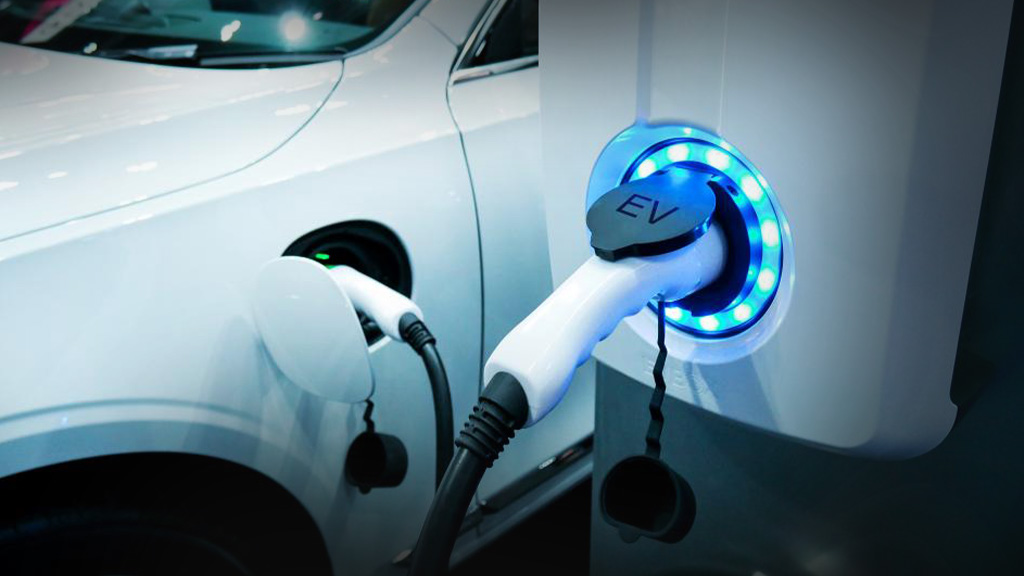- Web
- Feb 05, 2026
Pakistan’s EV shift could cost billions in fuel and customs revenue losses: ADB
-

- Web Desk
- Nov 26, 2024

ISLAMABAD: Pakistan is likely to experience significant drop in revenue as it transitions to electric vehicles (EVs).
According to a report by the Asian Development Bank, at present, the country heavily depends on fuel-related income which generates around $5.68 billion and accounts for more than 80 per cent of its road user revenues.
However, as the adoption of EVs increases, these fuel-based earnings are expected to decrease substantially.
The ADB warns that once this shift takes place, the remaining road revenues will only cover about 35 per cent of Pakistan’s road maintenance costs. This could put the upkeep of the country’s roads at risk.
Customs duties from vehicle imports are also expected to take a hit, as electric vehicles have much lower import duties—up to 98 per cent less. This could lead to a further $394 million drop in revenue.
Despite these challenges, the transition to electric vehicles is still in its early stages, with relatively few EVs currently registered.
The report highlights that two- and three-wheelers, which make up 79 per cent of Pakistan’s vehicle fleet, are likely to transition to electric models faster. Government incentives and the possibility of boosting local manufacturing of EVs are expected to speed up this process.
However, the lack of charging stations and the limited capacity of the electricity network remain major obstacles to this transition.
On top of this, the report sheds light on Pakistan’s vast road network, which stretches over 500,000 km, with 40 per cent of it paved.
The country’s annual road maintenance costs are estimated at $3.47 billion, but only 44 per cent of that amount is currently covered by the allocated budget.
As Pakistan shifts towards EVs, the government will need to find ways to manage this revenue gap and ensure the maintenance of its road infrastructure.
Read next: Oil prices rise as geopolitical risks ease in the Middle East




